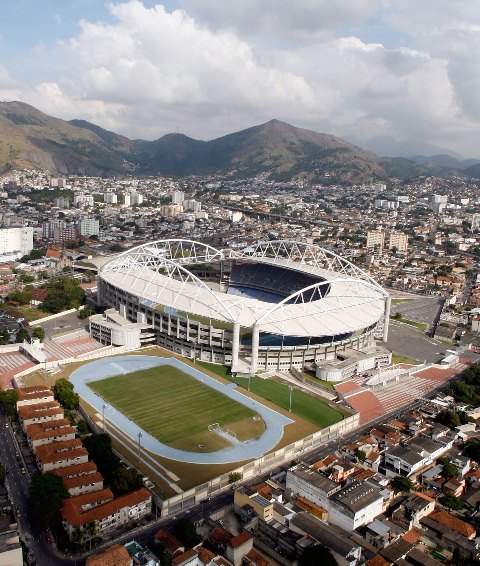
The budget covers 27 projects in urban development and public transport, including eight billion reais for a newly added fourth metro line for Rio, Brazil's congested second largest city, where getting around town is an ordeal.
Other initially envisaged projects were excluded, such as the upgrade to Rio's international airport Galeao, which has been handed to private operators.
Rio Mayor Eduardo Paes said the higher budget was due to the inclusion of new projects and inflation, which has blown up costs by 30%, since Rio won hosting rights for the event in 2009.
Paes said 57% of the infrastructure costs would be paid for with public funds, coming from federal, state and municipal governments, and the rest would be private.
The total cost of Rio 2016 has risen to 36.7 billion reais, which does not include more than half of the 52 projects or facilities that will be used exclusively for the games and still require approval.
Brazil is also racing to finish soccer stadiums in time for the football World Cup; a prestigious event its leaders hoped would signify the South American nation's emergence as a world power but now risks being an international embarrassment that could get worse if the Rio Olympics are similarly troubled.







1732263788-0/BeFunk_§_]__-(30)1732263788-0.jpg)

1732263105-0/Express-Tribune-(5)1732263105-0-270x192.webp)







COMMENTS
Comments are moderated and generally will be posted if they are on-topic and not abusive.
For more information, please see our Comments FAQ